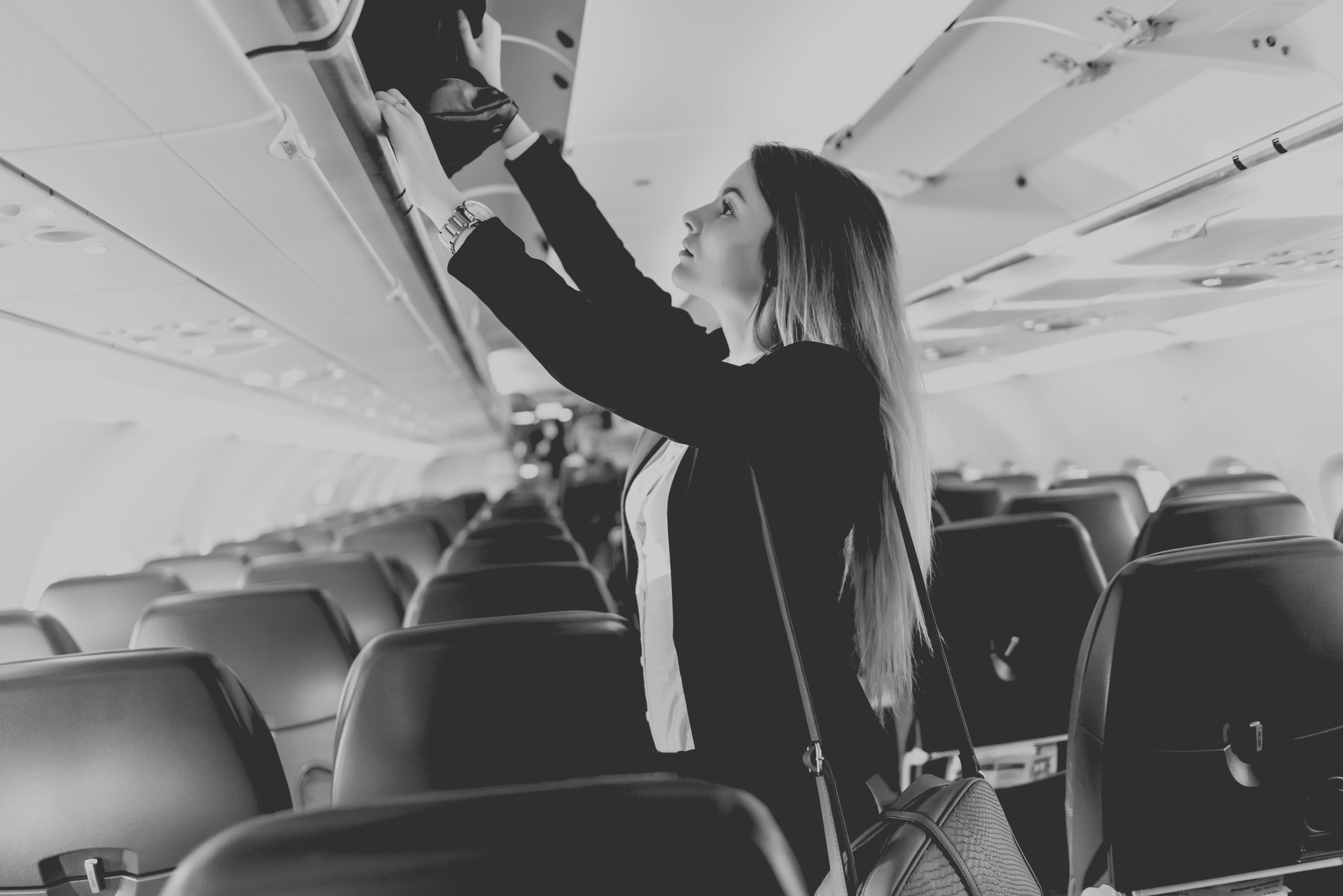
Studying abroad is a wonderful experience, if you have the opportunity to take part in it. Though being in a different country is exciting, it’s important for students to know how to stay safe. Below are some tips on how to mitigate risks when traveling to another country.
1. What to bring when you’re about to go abroad
Leaving your home country can be overwhelming; it’s important to prepare necessary items in your suitcase and carry-on ahead of time so you don’t forget anything.
Tips:
- Passport: this allows you to travel to different countries. Don’t forget to make a photocopy of it and leave it with a friend or loved one in case it gets lost or stolen.
- Credit Cards: let the Credit Company know you’re traveling outside the country in case of mistaken identity theft.
- Cash: not all countries accept U.S. dollars. Bring enough cash to use for currency exchange.
2. Learn about the country’s culture
Do your research on the country you’re visiting. There are traditions that are acceptable in the U.S that might not be acceptable in another country.
Tips:
- Research famous or well-known foods to taste from that country.
- How different is its culture from yours?
- What is the native language in that country?
3. Study key phrases to avoid a language barrier
Learn a few common words in the language of the country you’re visiting. This prevents you from being misled or from being put in an unsafe situation.
Tips:
- Know how to say:
- “Where is the train station or bus station?”
- “Where is _____________ restaurant?”
- “Where is the bathroom?”
- “Where is the nearest hotel?”
4. Review your medical insurance
Talk to your University about the healthcare plans they recommend for studying abroad. Typically, health plans cover the amount of days the faculty and student are abroad.
Tips:
- Find out which health plans cover you 99%, if ever admitted to the hospital.
- Find out what’s the number for 911 and the police.
5. Never travel alone at night
Tourists are easily spotted, so make sure you are aware of your surroundings at all times. It’s best to travel in groups than traveling alone.
Tips:
- Travel in groups with friends when you go at night.
- Don’t walk to your dorm, hotel, or hostel at night. Call a cab instead.
6. Keep track of personal items to avoid pickpockets
It’s more common to be pickpocketed when traveling to different countries.
Tips:
- When on public transportation, keep your bag or backpack on your lap.
- Keep track of wallets, passport, credit card, etc. at all times.
For more information on how to minimize your risk when traveling, on projects, or at a jobsite, give TSIB a call at 201-267-7500. Click here for some additional safety tips for your campus, or click below to visit our main blog for more helpful content.
image credit: Undrey/shutterstock.com


Comments